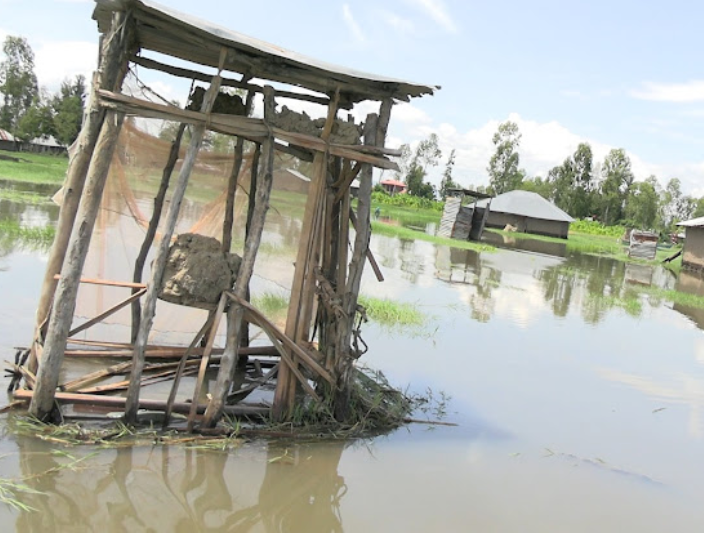At least 15 counties in Kenya continue to struggle with the problem of open defecation. Kenya is among 26 countries that collectively account for 90% of global open defecation. Amref Kenya’s Water, Sanitation, and Hygiene Program Manager, Daniel Kiragu, reported that open defecation is still practiced by 10% of the country’s population.
“Eighty-five percent of the 5.6 million people practicing open defecation are in 15 counties with a high burden of this issue, which significantly contributes to diseases such as cholera,” Kiragu said. The counties most affected are Baringo, Garissa, Homa Bay, Isiolo, Kajiado, Kilifi, Kwale, Mandera, Marsabit, Narok, Samburu, Tana River, Turkana, Wajir, and West Pokot.
Kilifi’s Progress
In Kilifi, Deputy Governor Flora Chibule announced that three subcounties have been declared open defecation-free. “Rabai was the first to achieve this status, followed by Kilifi North and Kilifi South. We are working to ensure that the remaining subcounties meet this target by the end of the year,” Chibule said.
Despite this progress, parts of Malindi, Magarini, Ganze, and Kaloleni still face challenges. “We have implemented measures to make all our seven subcounties free from open defecation. I urge stakeholders, especially county governments, to increase budget allocations for this cause,” she added. “We are not advocating for expensive toilets or latrines. As long as people have safe, secure, and environmentally friendly places to defecate, we are on the right path.”
Tana River’s Challenges
Tana River Health Executive Joshua Jarah highlighted that their efforts to eradicate open defecation have been hindered by frequent flooding in the region. “Floods have been a major challenge in our progress toward making Tana River open defecation-free. However, we are working to address this issue,” Jarah said. The region’s significant pastoralist population, who are constantly moving, further complicates the situation.
Kwale’s Efforts
Kwale Health Executive Francis Gwama noted that many villages in the county are yet to fully adopt the use of toilets. “We have launched sensitization programs to educate locals on the importance of proper sanitation in the community,” Gwama said.
The Kenya Sanitation Alliance, which has been working with the affected county governments, reported that more than 5,000 villages in Kenya have so far been declared open defaecation-free.
KSA indicated that each of the 15 counties is required to allocate Sh10 million annually to support the construction of toilets in the affected villages.



